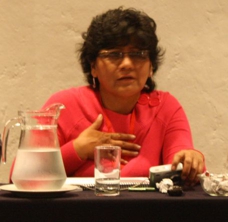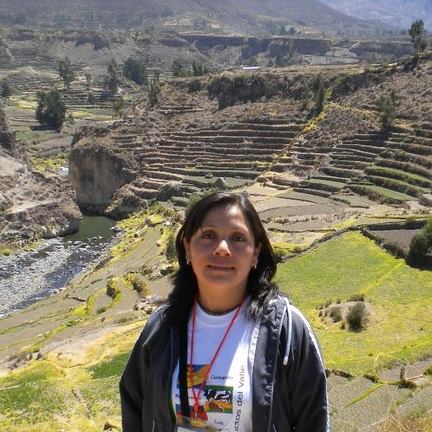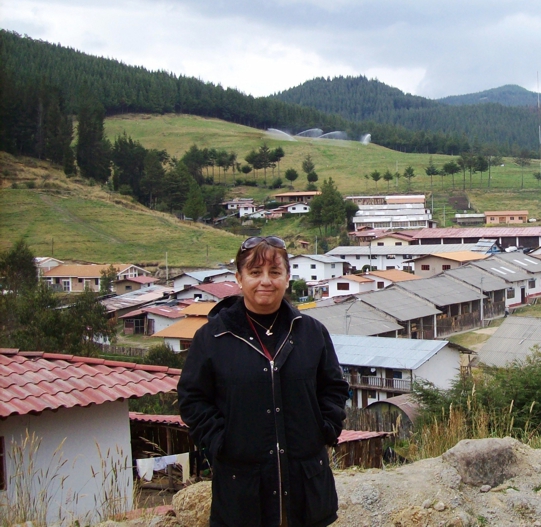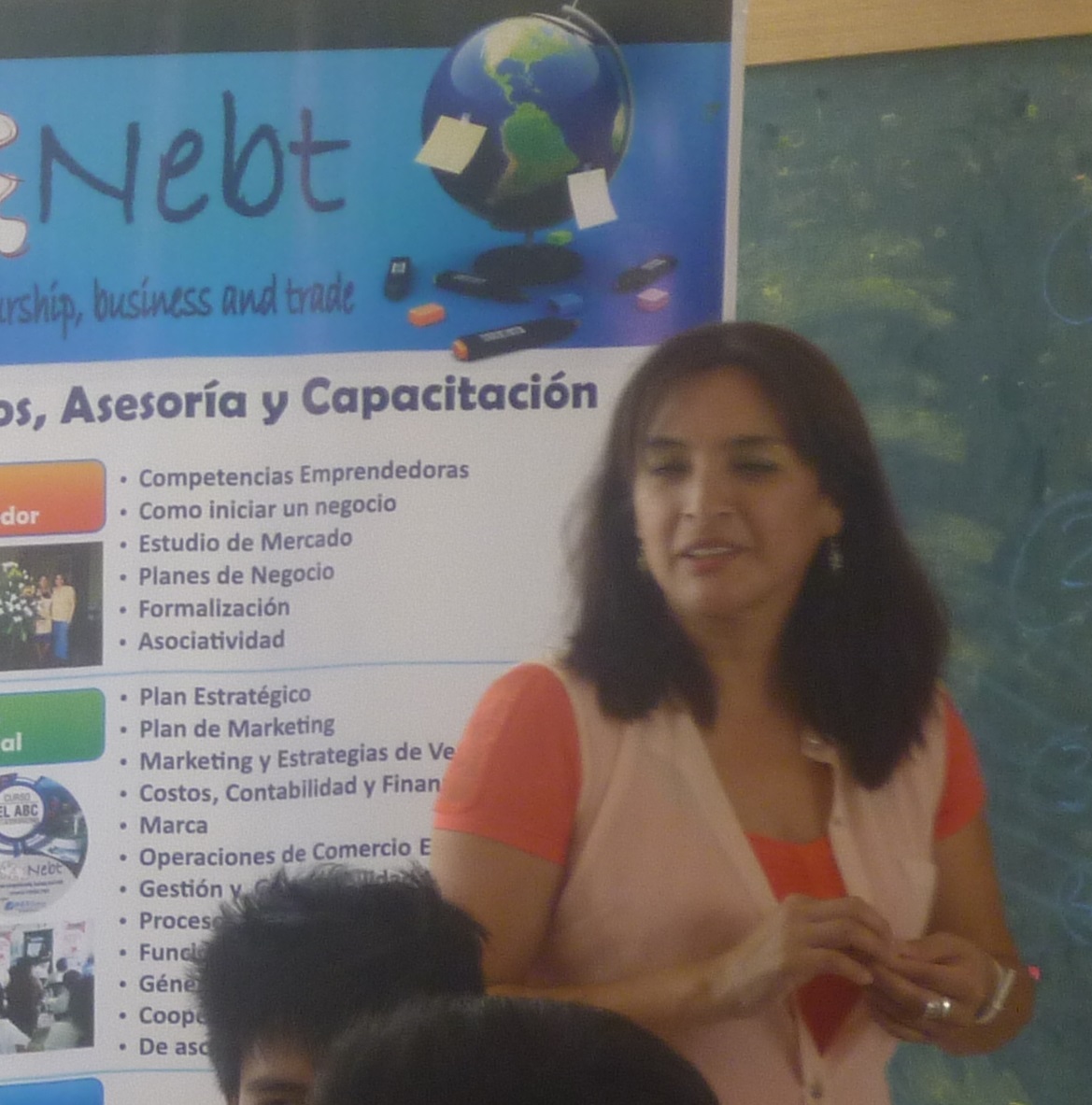 |
Executive Director The Community Development has as its fundamental elements, promoting the active participation, conscious, organized, permanent and systematic from their habitants. Mobilizing human and institutional resources for the implementation of development projects, as an action of the community and for the community. So that when we mention a community project, we refer to all the activities intended to satisfy or solve the most urgent and pressing needs of the community, and oriented by those who are part of it, because they are who know the real situation of their locality. |
 |
Specialist in Corporate Social Responsibility, Community relations and Conflict Management Good corporate social responsibility practices, generate positive and significant impacts in the area of social influence of any project, and provide a socially favorable environment for the exercise of business activity. Therefore, the importance of starting with an adequate collection of social information that allows the establishment of sustainable, viable and measurable development objectives that respond to the policies of each company, focused on its Mission or reason for being and, above all, within the framework of the socio-environmental regulations of the State. |
 |
Specialist in Cooperatives and Small BusinessThe partnership model, in the form of cooperative, has been in place for decades, especially in the so-called first world countries, which is a viable and sustainable model, especially by the Fifth Cooperative Principle, Education, training and information , which trains its members and leaders, to participate actively and efficiently and effectively in the development of their cooperatives.
|
|
Specialist in Personal development and job skillsAll entrepreneurship activity is based on a process of exchange and communication, and depends on social skills to be viable and sustainable. That is, all of those behaviors when a person interacts with other individuals, when gives opinions, when receives a compliment or an insult, when express feelings and desires and is responsible for what you say and how you say it. |
|
Specialist in Youth entrepreneurship and leadershipKnowing how to start a business is critical to the implementation of a business and to develop products and provide services with competitive quality, designed to satisfy the demand identified, generate income, quality employment and contribute to sustainable economic and social development in the locality and respecting the environment. |
 |
Specialist in Inclusive rural business
In our country, rural businesses become as a sustainable alternative to contribute to food security and increased household income. In recent years, entrepreneurship in rural areas is growing, with business ideas according to the new local needs and demands, taking advantage of opportunities that arise with the implementation of projects of public and private investment. Examples include the sale of agricultural, livestock and handicraft products, derived from food industry and the offer of services related to tourism activity, among others. |
 |
Specialist in Civil rights
In the last 30 years there have been social and legal changes to enable women to exercise their rights, there are currently a number of protective measures against abuse both in the home and at work. |
 |
Specialist in Educational Management
The construction of knowledge is done through a mental process that ends with the acquisition of new knowledge,so, in this process, the new knowledge acquired, allows students to apply what they have learned to new situations.
This learning approach encourages: the knowledge (of facts, data or examples of how something works), the doing (how to use what they have learned in real situations) and the being (the way the student appropriates the knowledge, as a part of their academic or professional activity). |
 |
Specialist in Marketing and International TradingGlobalization, technological development, access to information and the emergence of new players in international markets challenge our companies to reformulate their vision, strategies, procedures and actions to be able to respond and face the challenges of markets. Companies are in the need to make international trade operations, in which they can acquire technology. materials and supplies from abroad, to be used for the production or processing into other products whose final destination will be the domestic or international market. Likewise, these operations should enable them to obtain a financial advantage and at the same time benefit the productive areas, thereby contributing substantially to promote economic development and social well-being in the surrounding towns to the area of influence of its operations. |
